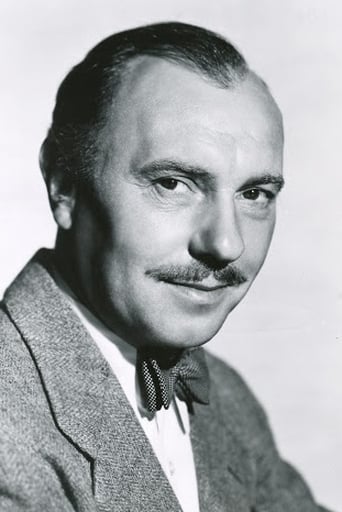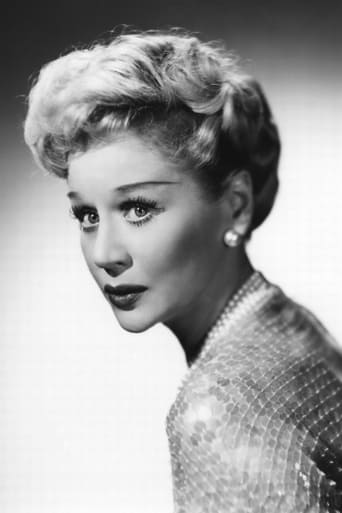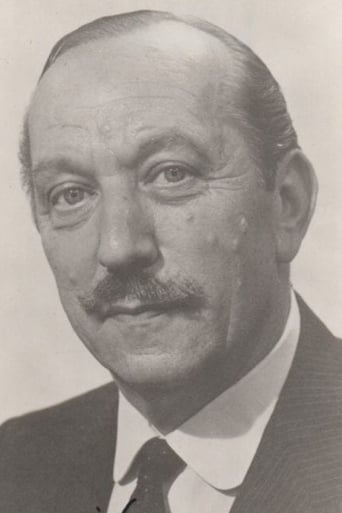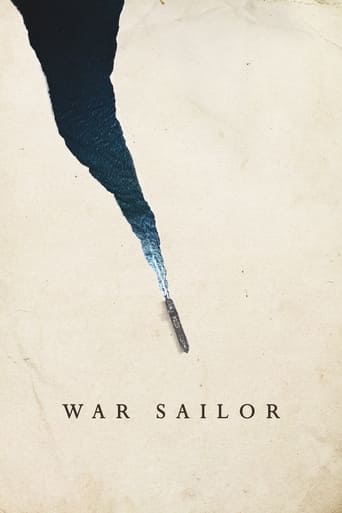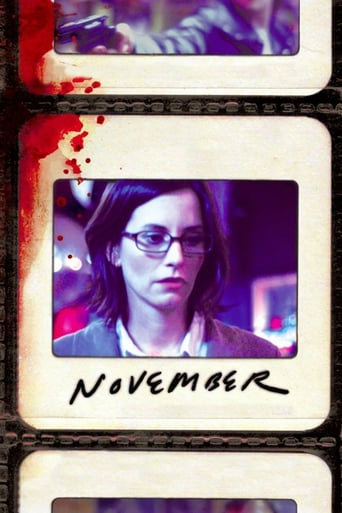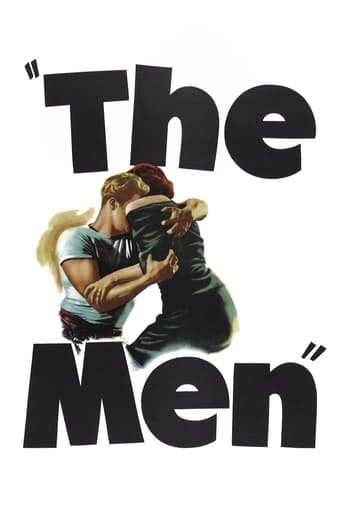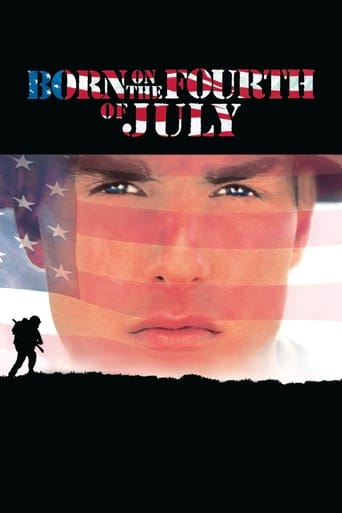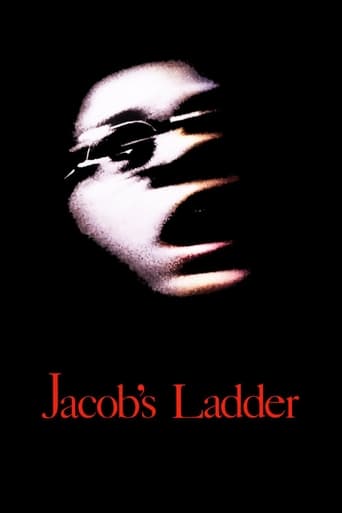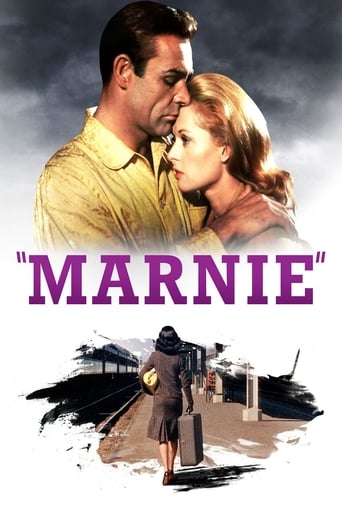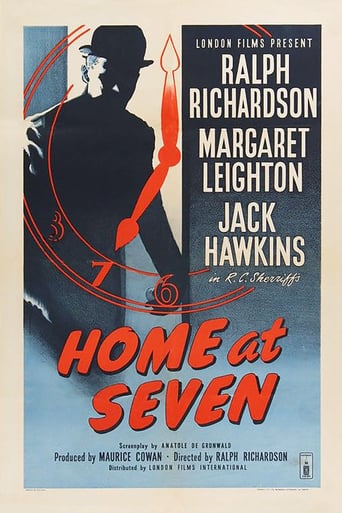
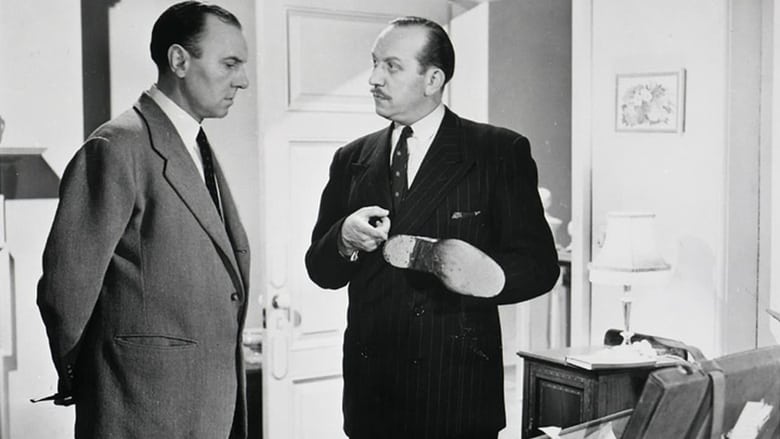
Home at Seven (1952)
Unable to recall the past 24 hours, a British bank clerk is the prime suspect for a robbery/murder.
Watch Trailer
Cast


Similar titles
Reviews
One of my all time favorites.
Excellent, Without a doubt!!
Beautiful, moving film.
The performances transcend the film's tropes, grounding it in characters that feel more complete than this subgenre often produces.
Taking a look at UK DVD company Network during their Christmas sale for titles that I could watch with my dad over the X-Mas season,I spotted a Film Noir that I remembered reading a good review for in Empire magazine,which mentioned that this was the lone movie that British actor Ralph Richardson directed,which led to me setting my clock so I could get home and watch the title at 7.The plot:Returning home,banker David Preston starts talking to his wife Janet about how work went.Stopping David in the middle of his stories,Janet asks David where he has been,due to having been away from home (and at work) for an entire day.Telling Janet that he does not know what she is talking about,David picks up the newspaper,and is shocked to discover that he has missed an entire day.Trying to piece together what took place,David finds himself unable to remember anything that happened on his lost day.As he tries to make sense of what has taken place,the police discovery that a member of David's private members club has been found murdered,and that the entire savings of the club have mysteriously disappeared.View on the film:Before I get to the movie,I have to mention that Network have given the title a superb transfer,with the picture being pin-stripe sharp and every forgotten footstep from David being clear to hear. For his lone shot behind the camera, Ralph Richardson (joined by Assistant Director/future Bond director Guy Hamilton) keeps the movie close to its stage roots,as long,stilted takes peel away at David's anxiety over the events that took place.Whilst he does keep things grounded,Richardson boils up a classy Film Noir atmosphere,as elegant low-lighting brightens the fragments of David's memory.Taking R.C. Sheriff's play from the stage to the screen, Anatole de Grunwald gives David & Janet a perfect image,which gradually fractures as David tries to regain his memory.Calming opening up David's "perfect" image, Grunwald casts David off into a shattered post-war Film Noir world,with a wonderfully left-field twist allowing David's PTSD nightmare to be shown in raw daylight. Appearing prim and proper, Richardson gives a great performance as David,whose mild-manner behaviour is given a sharp sense of doubt by Richardson,as David fails to get home at 7.
I wonder how much dialogue you can squeeze into an 80 minute movie. "Home At Seven" tries its darnedest to break the record, in a film that is long on discussions but short on action.It starts with a great idea. A man comes home from work, to discover that he has missed an entire day, during which a murder has been committed. So far, so good. But I found out that it is almost possible to talk a good idea to death, as there follows an endless collection of discussions, confrontations, meetings and heart to heart talks. Now, I understand that in such a situation explanations must be in order, but the whole movie began to seem like a 3 hour ordeal.Ralph Richardson is the hapless husband and Margaret Leighton is wonderful as his devoted wife. Jack Hawkins is their doctor-friend and all three principals try their best to move things along. Granted, it is a clever concept and ultimately brought to a surprise ending, but it's not a good sign when you keep checking your watch throughout the picture.But it is well worth a look, especially if you have more patience than myself.
Many seem to dismiss this movie as a mild matinée entertainment. I found it very unsettling as the story deliberately starts with a normal, boring situation only to depart from normality in an abrupt and disturbing way to offer a glare into the abyss of the human psyche. The first two or three minutes the viewer is given time to settle down for something that looks like a comedy. A cheerful caricature of a meek office clerk (Ralph Richardson) comes home. He meets his wife desperate, she tells him he has disappeared for 24 hours. The clerk is not aware of that.Now, this is a standard situation for a comedy. But in this movie the couple in question is simply shattered. Time you cannot account for is regarded by them as abnormal, a potential sin. Distrust arises, the wife distrusts her husband and, what's worse, the husband distrusts himself. The situation gets worse when the clerk learns that a member of a club he belongs to was murdered during the time in question. In desperation he goes to see a doctor (Jack Hawkins) and tells him of his memory loss and the murder. He also tells him that he thinks he might have committed the murder. As the doctor tries to laugh that off the clerk says: But I absolutely hated that man. He does that with an unexpected vehemence that it really made me jump.The riddle can be solved and the story has a happy ending. The clerk's amnesia was caused by subconscious memories of bombing raids, a backfiring car made him go into shock for 24 hours, luckily in a safe place" (a pub). As a matter of fact, the discovery of this hidden vulnerability is horrific and was probably not uncommon the time this movie was made. And the way the main protagonist practically bends over double to put blame on himself is heart-wrenching. Ralph Richardson gives a deep, feeling performance in this unusual psychological drama about guilt, trust, order and disorder. He also directed.
Most appetising piece of oh-so British whimsey, predicated upon the premise that we English must never, ever lose control. As it is then, that chaos is come again.Old Ralphie (well I remember his performances at awards ceremonies: "...thus affording the winner to paddle in a puddle of pride") casts himself (he directed this!) as the ever so staid English civil servant who finds himself in a most unusual predicament after the onset of a memory block, not, I might add, precipitated by a surfeit of alcohol, but by a ...well, I forget myself.Anyway, the fact that a portion of the action takes place in a licensed premise notwithstanding, Ralphie manfully weathers this personal maelstrom and emerges a jolly good fellow (as if we ever doubted it) and all round tophole egg.


